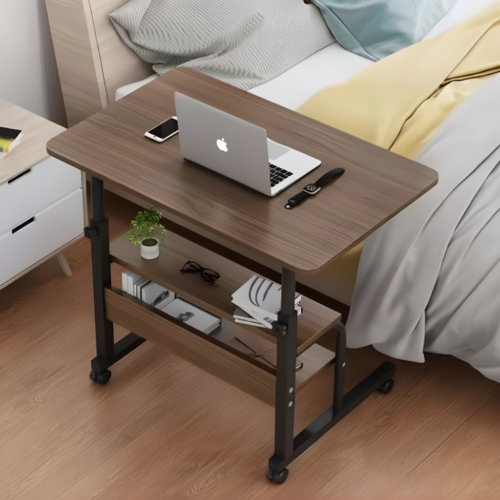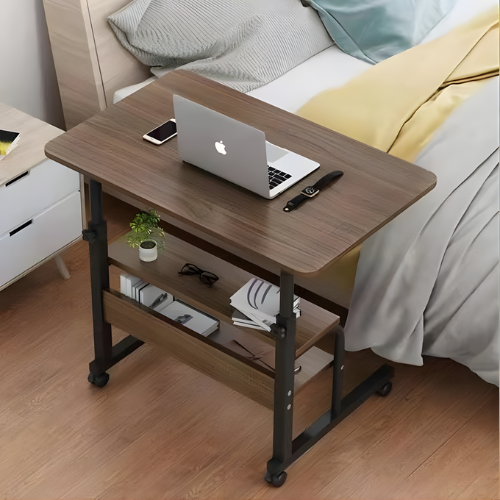This article is part of the HOGDigest editorial series. → Explore HOGDigest
Finding your ideal house is similar to finding your ideal companion. It may take some time to meet the right person, but once you do, you'll know you'll always have the support of someone who understands you. And once you've found your dream house, you'll always have the ideal setting for unwinding and creating memories.
Finding the ideal house may seem like a daunting task, but, with a little preparation and effort, you will find the house that is right for you.
1. Think about location.
While you may like to live in the swankiest area, you may find some wiggle space here if your budget does not allow for it. Consider amenities, commuting, and transportation, among other things, and allow yourself to think creatively. If you're a city slicker at heart, but your budget is limited, consider the areas around your preferred location.
When you become adept at these tasks, you gain a great deal of flexibility. You may encounter the price vs. location problem at some time; keep in mind that you cannot live in a property that you cannot afford, but you may live in a less exclusive neighborhood. Don't be hasty in passing judgment on specific places, though; visit them first and get a sense of the region. Perhaps ask friends or relatives who live in or around the region for an insider's perspective on what it's genuinely like.
2. Establish a budget.
When contemplating buying a new house, ensure that your finances are in order and that your price range is reasonable. If you want a custom home, locate reputable home builders like home builders in NC, or ones available in your area, and determine your budget before shopping. If you begin looking at properties out of your price range, you will begin to compare everything to that pricey property you will never own. And it will just make you sad. It would be beneficial if purchasers compiled a list of priorities in order of importance. This way, you can more fairly weigh your options and find a house that fits your budget.
3. Collaborate with a real estate professional.
Engage with a real estate agent. Purchasing a property is a significant legal transaction, and real estate brokers are subject-matter experts on applicable laws and regulations. After all, you would not attempt to defend yourself in court if you were unknowledgeable about the law, would you?
Real estate agents have access to houses for sale that you may not have discovered on your own. Once they have a sense of the kind of property you're looking for, they may search for and examine properties on your behalf, ensuring that you locate the appropriate home in the shortest amount of time.
4. Consider a neighborhood and its environs.
Bear in mind that your property is not contained inside a bubble. It is a component of a more extensive community in which you will be immersed regularly. With this in mind, you must discover a neighborhood that meets your requirements before purchasing. Is your ideal getaway one that provides the tranquility of quiet woodland or the excitement of a busy metropolitan center? Do you want the ability to go to a coffee shop each morning, or would you rather avoid possibly loud neighbors? Whatever your heart wants, do not be afraid to do a preliminary study before beginning your quest.
Take a drive and, if feasible, spend some time there. Dine at neighborhood eateries and take a stroll around a nearby park. Notify your real estate agent once you've identified regions that appeal to you. They will utilize this knowledge to narrow down what will make you feel at ease.
5. Think about non-negotiables.
What are some non-negotiables when it comes to your ideal home? Make a list of them and adhere to them. Avoid overloading your list to the point that it becomes impossible to discover houses in the neighborhood that meet your requirements, but avoid settling for less than you wish.
6. Consider size.
Consider the size of the property and the number of bedrooms you need. Consider your family's behaviors and routine and how they may affect the kind of home you want. If your family spends most of its time resting, working, or eating in the living, dining, or kitchen area and less time in the bedrooms, emphasize these areas. Consider if your family members have varying schedules or whether they spend time in their beds or studying.
7. Document Your Visits
If you know everything you want in a house, it should be no problem to jot down a checklist of necessities and bring the list with you when you tour a house. Take note of things like storage space, fixtures, and curb appeal. Also, document your emotions as you tour the house. Do you have a peaceful feeling as you walk through the house, or do you feel like it’s hard to envision yourself living in the house?
Review your notes later and compare the notes you’ve made about different houses. Doing this will help you narrow down your options and help you more finely determine what your priorities are when house hunting.
8. Recruit a home inspector.
What’s worse than finding your dream home, and it turning out to be a nightmare once you move in? To avoid this catastrophic episode, enlist the help of a professional home inspector before you decide to close on the house.
A home inspector can help you identify any issues in the house from roofing problems to water heater issues. Consider getting a home inspector as soon as you decide to buy a house so that you can be aware of any issues before committing to a purchase.
Wrap-Up
Finding your dream home should be an exciting endeavor, but it can be stressful if you don’t know what to look for. Consider the above tips to help you start the journey of finding your dream home.
Authors Bio: Amy Sloane
 Amy Sloane is an alum of Oregon State University where she studied marketing and business. She spends her free time writing and is a knitting enthusiast. Amy loves reading, cooking, and spending time with her dog, Molly.
Amy Sloane is an alum of Oregon State University where she studied marketing and business. She spends her free time writing and is a knitting enthusiast. Amy loves reading, cooking, and spending time with her dog, Molly.































